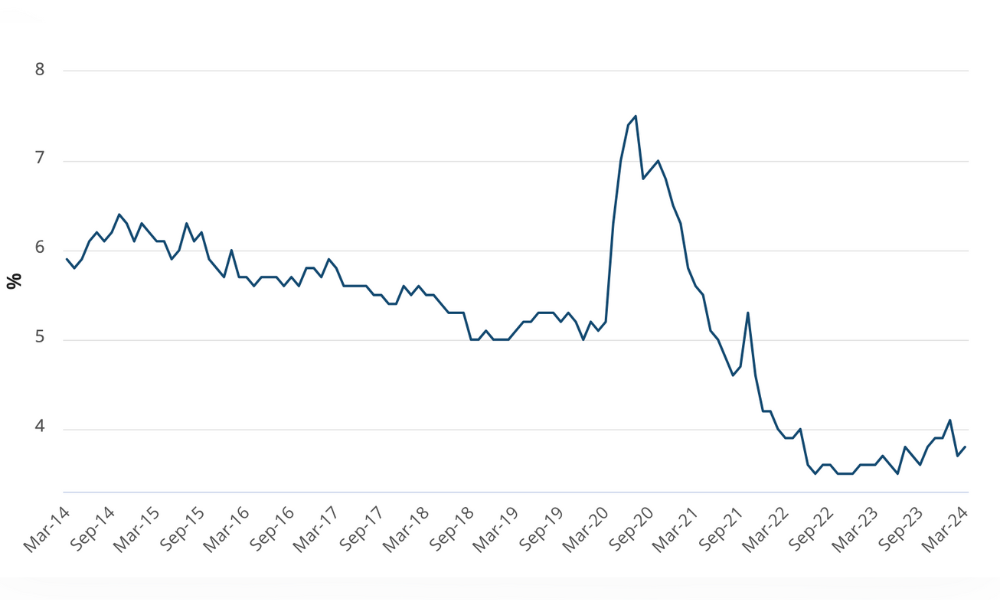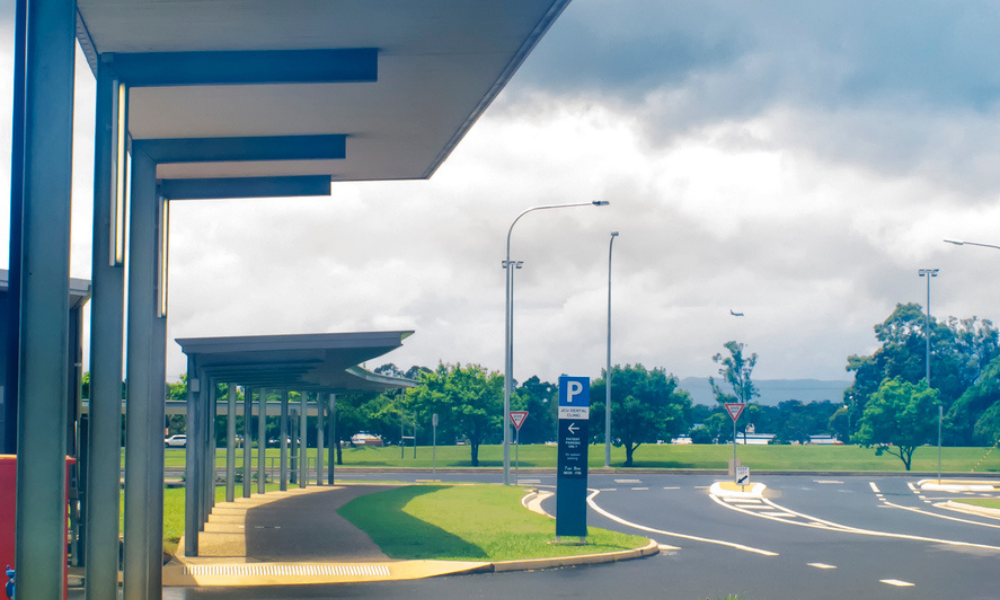No time for a wellbeing break in your workday? Now is probably the time to take one

Zahra Cassam Sulliman is a consultant at strategic leadership firm, Bendelta
It’s 2pm and after wolfing some lunch down, you’re battling through the mountain of work that still needs to be done by close of business. Your neck is stiff and your eyes are strained, but now definitely isn’t the time for a stretch and time away from your desk to tend to your wellbeing. Your stakeholders are counting on you to deliver. Must. Power. Through. Or must you?
Our work with organisational leaders and teams provides a glimpse into the lives of people who, day in and day out, put the needs of others and the business ahead of their own. These same people are unlikely to take time out for their wellbeing, especially on a busy day, and this has a detrimental impact on their resilience, productiveness and overall job satisfaction.
All employees, regardless of their role, benefit from a focus on personal wellbeing. While research has typically focused on the importance of recovery after work as a means to replenish individual resources and prevent work stress-related burnout, the benefits of taking breaks during the work day are also becoming more documented. For example:
- One study found that self-initiated short breaks in the afternoon (accompanied by quality sleep the night before) resulted in higher work engagement.
- In another recent study, employees who experienced relaxation and relatedness with others during their lunch breaks were less exhausted during the afternoon
- In the case of this organisation, daily 15 minute walks resulted in a 30% productivity boost
- A whitepaper published by Bendelta outlined the extensive benefits of engaging with nature as a means of unlocking human potential, including enhanced creativity and attention.
The importance of rest is even embedded in our biological makeup – according to our rest-activity ultradian cycle (cycles which occur within our 24 hour circadian rhythm), we should aim to rest for 20 minutes after each 90 to 120 minute work sprint. While moderate stress is important for building our resilience, the autonomic nervous system was simply not designed to be in a constant state of ‘fight or flight’ – a restful period is essential to prevent burnout.
It sounds obvious, but why don’t we take replenishing breaks when even intuitively it makes sense to? Perhaps it’s the expectation to always be online. Maybe we’re telling ourselves that we have no choice but to soldier on. Or perhaps it goes against our company’s norms to be seen having breaks. Either way, it’s in your best interest – and the interest of your organisation – to prioritise the wellbeing of all employees.
Wellbeing breaks don’t have to be complicated. Every Monday at 12:30pm, our entire organisation gets a calendar notification across their screen to stand up, head out of the office, and indulge in some fresh air and chatter for 30 minutes. Through the simple act of going for a short, leisurely stroll with colleagues, employees report experiencing some very positive contributors to employee wellbeing - strengthening social bonds, feeling gratitude of working in the beautiful city of Sydney, and temporary disconnection from work.
Wellbeing is a responsibility, not an indulgence. We owe it to ourselves to take short, daily breaks to maximise our potential and ensure our mind and body gets rest that they need. If it helps, create a recurring calendar reminder, set a tangible goal and share it with others. Don’t have the time? Perhaps that is your cue to take a break now.








